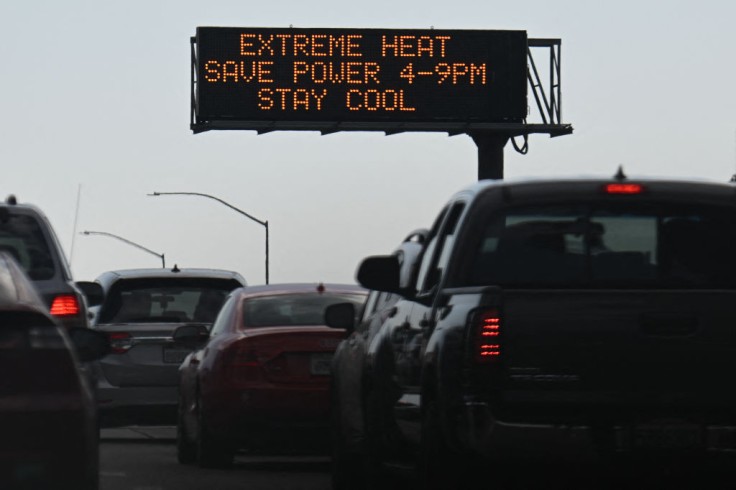Extreme heat could shorten electric vehicles' driving range and effectiveness as much as extreme cold weather.
EV research group Recurrent warned drivers that exposing their cars to heat of up to 100 degrees could lose 31% of their driving range.

This is due to the power needed to maintain a cool temperature inside the car. The higher the air-cooling system is, the faster the car could lose its power.
EVs could be exposed to greater heat than suggested in freeways and busy routes with higher temperatures due to traffic congestion.
With the summer heat waves arriving soon, EV drivers are expected to charge their cars more often for longer rides. This, however, could shorten the EV's battery life.
There are also potential internal damages to the car exposed to extreme heat for long periods, although Recurrent claimed such damages would be minimal even if car owners left their EVs in the sun for weeks.
How to Reduce EV Driving Range Loss During Summer?
Much like how drivers can reduce energy loss during winter, drivers can minimize battery degradation through similar methods.
One way to prepare for long hot travels is by pre-cooling the EV while it is still plugged in. This would lessen the energy demand for the EV's climate control when starting the vehicle.
Keeping the battery power slightly below 100% reduces the constraints on the lithium battery, especially as it is exposed to hot asphalt most of the time.
When not in use, keeping the EV charged could also keep the battery cool rather than letting its energy supply fall to low levels.
More Heat Waves Expected in Summer 2024
The new study came as reports indicate that more heat waves can be expected in vulnerable areas across the US this summer as the effects of climate change and global warming worsen.
The Washington Post earlier even noted that this year's July may break previous records for the month as extended heat waves wreck damages and accidents across California and the north-central Gulf Coast.
The National Weather Service has already issued warnings to at least 45 million Americans affected by the extreme heat to keep away from a "dangerous, prolonged heat wave that will last several days."
Related Article : Florida Rolls Back on Climate Change Actions Despite Heat Waves Threat









